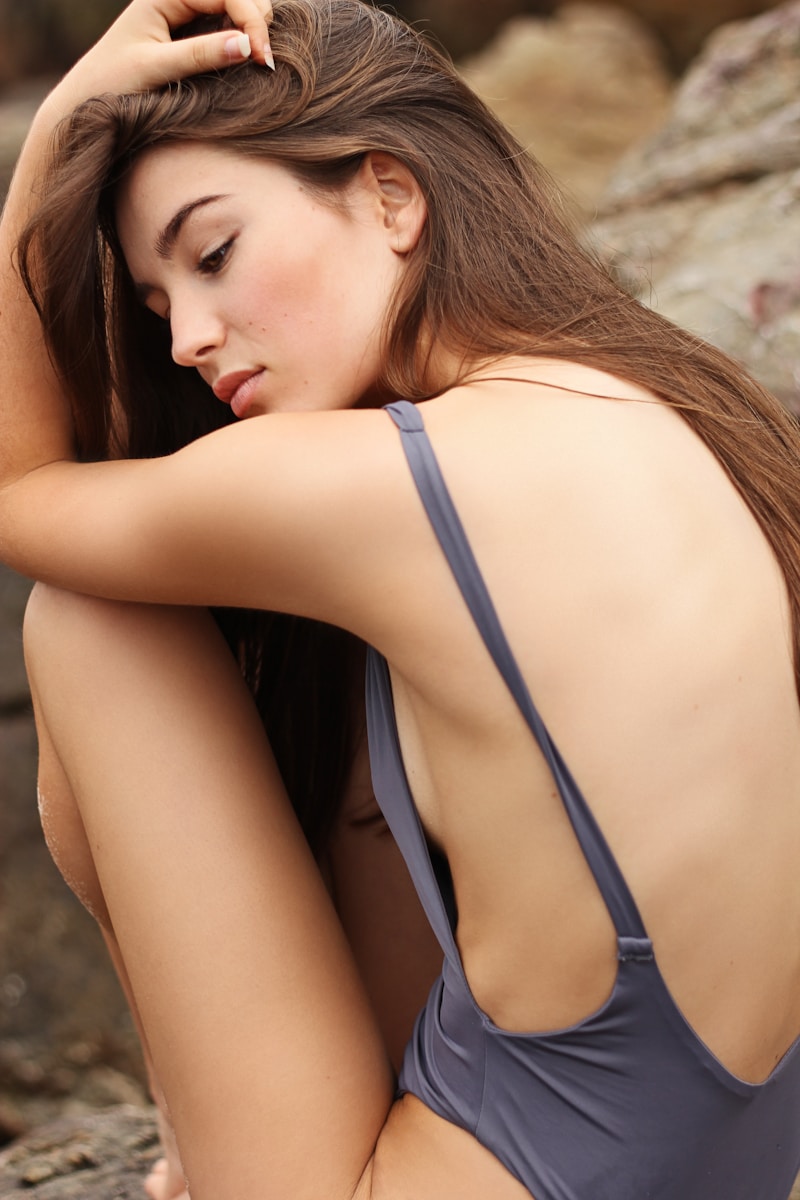Understanding Body Shape and Dress Fabric Compatibility: A Comprehensive Guide
When it comes to fashion, understanding your body shape and the compatibility of dress fabrics can greatly enhance your overall appearance. Choosing the right dress fabric is not just about aesthetics; it also plays a crucial role in how well the outfit complements your body shape. In this article, we will delve into the various body shapes, suitable dress fabrics, and some tips on how to identify the perfect match.
The Importance of Body Shape in Fashion
Your body shape profoundly influences how clothing fits and looks on you. Understanding the different body shapes can empower you to make better fashion choices. Here are the main body shapes:
- Apple Shape: Characterized by a fuller upper body with a narrower lower body.
- Pear Shape: Features a smaller upper body with wider hips and thighs.
- Hourglass Shape: Defined by a balanced upper and lower body with a narrower waist.
- Rectangle Shape: Features a straight silhouette with little definition at the waist.
- Inverted Triangle Shape: Characterized by broader shoulders and a narrower lower body.
Dress Fabrics and Their Compatibility with Body Shapes
Once you understand your body shape, the next step is to consider the compatibility of dress fabrics. Different fabrics drape and hug the body differently, which can either enhance or detract from your overall look. Below is a table summarizing the most suitable fabrics for each body shape:
| Body Shape | Recommended Fabrics | Fabrics to Avoid |
| Apple Shape | Soft jersey, chiffon, and draped fabrics | Stiff cotton, heavy wool |
| Pear Shape | A-line cuts, cotton blends, and tulle | Body-hugging materials |
| Hourglass Shape | Stretch fabrics, satin, and silk | Boxy cuts and stiff fabrics |
| Rectangle Shape | Ruching fabrics, layered materials, and patterns | Flat fabrics and shapeless designs |
| Inverted Triangle Shape | Flowy fabrics, soft knits, and flared skirts | Structured tops and heavy fabrics |
1. Apple Shape and Its Fabric Companions
If you possess an apple-shaped body, aim for fabrics that flow but do not cling tightly to the body. Soft jersey and chiffon can conceal and create a beautiful silhouette while ensuring comfort. Loose-fitting dresses that feature empire waistlines are excellent choices, allowing for both style and comfort.
2. Finding the Right Touch for Pear Shapes
Pear-shaped individuals should prioritize fabrics that balance their silhouette. A-line cuts and cotton blends are ideal choices, as they complement the curvier lower body while drawing attention to the waist. Avoid body-hugging materials that may accentuate width in the hips.
3. Hourglass and Luxe Fabrics
The hourglass shape is typically celebrated for its curves. Stretch materials like satin and silk can accentuate your figure beautifully. They hug the curves without adding bulk, ensuring your natural shape shines through. However, it’s best to steer clear of boxy cuts that can hide your figure.
4. Rectangular Endeavors
For those with rectangular shapes, the key is to create curves where there are none. Choosing materials with ruching or layering gives visual depth, making your figure appear more defined. Experimenting with patterns can also add dimension to the overall look.
5. Inverted Triangle Shapes: Softness is Key
The inverted triangle shape can benefit from soft and flowy fabrics that prevent the upper body from appearing overly dominant. Flared skirts help to balance the proportions of your silhouette, leading to a flattering outcome. Opting for flowing knits or lighter cotton fabrics can create harmony in your ensemble.

Tips on Choosing the Right Fabric
When shopping for dresses, keep the following tips in mind:
- Feel the Fabric: Always feel the fabric before purchasing. It should be comfortable and suit your skin type.
- Consider Stretch: Fabrics with a little stretch can enhance comfort and fit, especially in areas where you may have concerns.
- Explore Layers: Layering can create a unique look while allowing for versatility in styling. Consider how fabrics can work together.
- Follow Your Style: Remember that your style is personal. Don't be afraid to choose fabrics that make you feel confident, even if they do not fit conventional wisdom.
Conclusion and Final Thoughts
Understanding body shape and dress fabric compatibility is essential for anyone looking to enhance their wardrobe. Each body shape has its unique features, and selecting the right fabric can accentuate those features beautifully. Remember to shop with confidence, keeping in mind the recommendations above. Don't hesitate to experiment with different fabrics and personal styles until you find the perfect match that makes you feel fabulous.
Ultimately, remember that fashion is about self-expression. Whether you are dressing for a casual outing or a formal event, the right choice of fabric will not only enhance your look but will also make you feel good. Always choose pieces that reflect your personality and style while ensuring that they suit your body shape.
Happy styling!